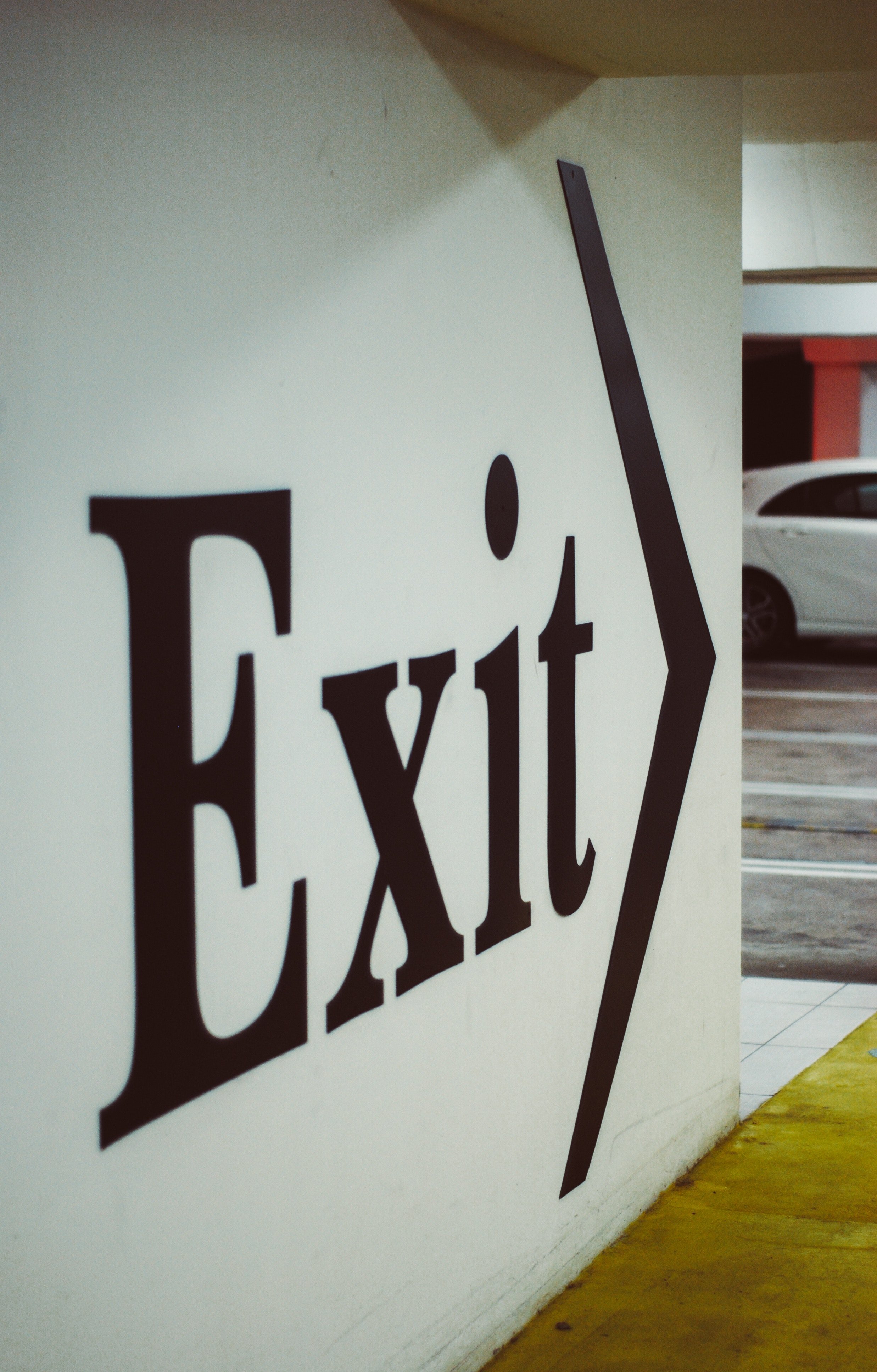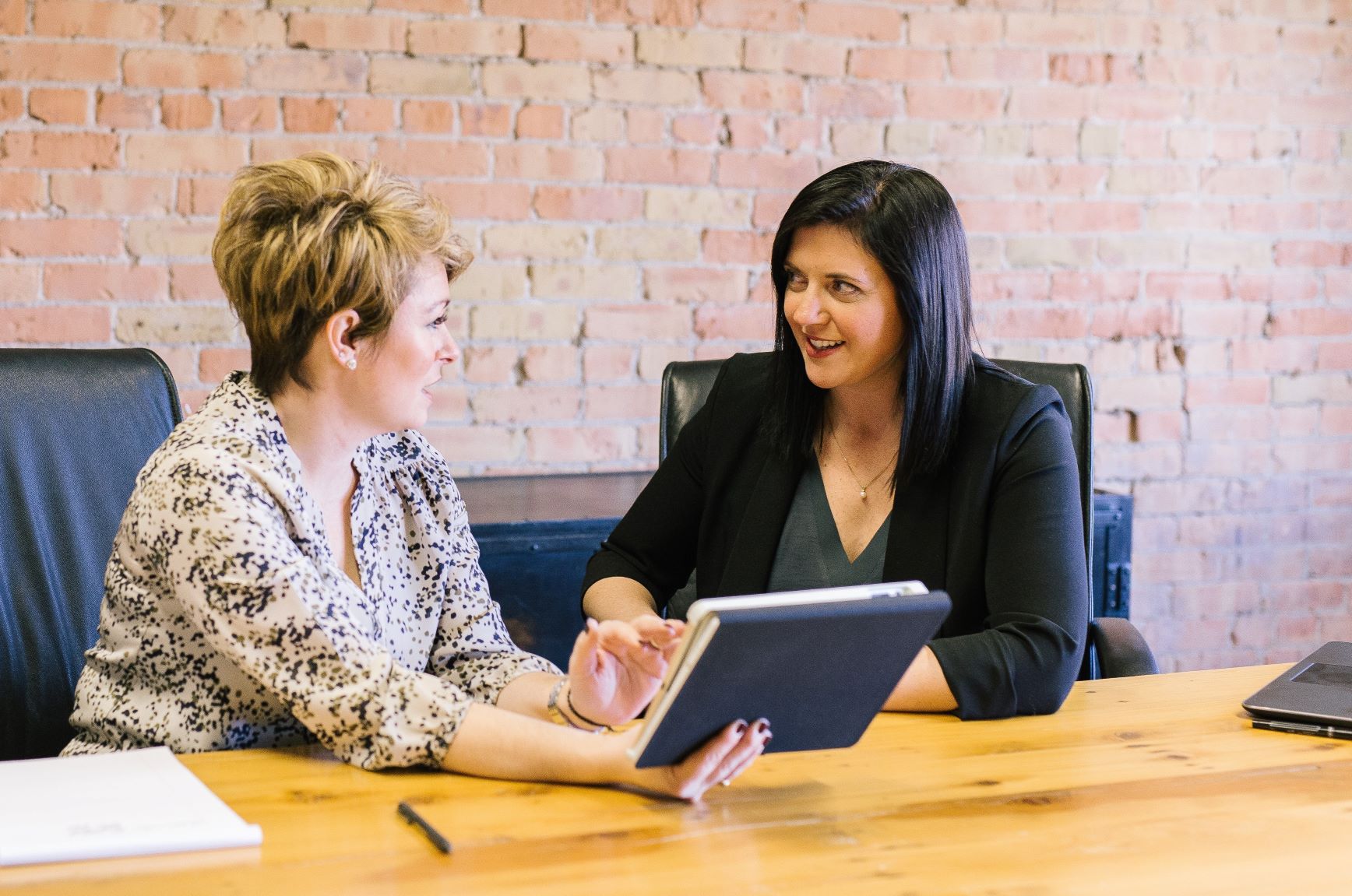2 min read
When It’s Time to Withdraw
Sometimes things change as matters progress, like the legal needs of the client, your ability to continue to provide competent representation, the...
3 min read
 Mark Bassingthwaighte, Risk Manager
:
Updated on November 21, 2022 | Posted on September 2, 2020
Mark Bassingthwaighte, Risk Manager
:
Updated on November 21, 2022 | Posted on September 2, 2020

In the context of a conversation between an attorney and a client, effective communication occurs when both the attorney and the client feel they have been heard. For example, at the outset of representation, a client is often looking for confirmation that their lawyer understands what the problem and desired outcome is. Similarly, a lawyer is often looking for confirmation that the client has a clear understanding of what the lawyer can realistically do for the client given the circumstances at hand. The challenge here is that an effective communication can only occur by way of a constructive conversation, which requires both participants to enter a mutual conversation. There must be a balance between talking and listening.
This balance thing can be harder than it might seem. Suffice it to say, that while I can be a good listener at times, having a constructive conversation every time I open my mouth remains a challenge and it’s all about my being unable to find that proper balance between talking and listening. In fact, in my personal life I’ve been told more than a few times by my lovely wife that if I would just listen, it would become apparent that she isn’t looking to have me solve her problem. Sometimes she just wants to be heard, to get it out, so to speak. Unfortunately, the lawyer problem solver in me just can’t shut up. I suspect I’m not the only lawyer who suffers from this conversational shortcoming. I don’t know about you, but law school taught me how to problem solve. I never had any law professor pontificate on the virtues of being an effective listener. Quite the opposite in fact, I was taught how to debate and how to put forth a compelling argument.
If any of this is striking a chord with you, following through with even one or two of the following tips will enable you to have a more constructive conversation with your clients. All ten tips come from a Ted Talk by noted author, journalist, and speaker Celeste Headlee. The following are a summary of her points coupled with my trying to put an attorney-client conversation spin on them. If you care to view the entire Ted talk, and I encourage you to do so, you will find it here. In sum:

2 min read
Sometimes things change as matters progress, like the legal needs of the client, your ability to continue to provide competent representation, the...

6 min read
ABA MRPC Rule 1.4 Communication seems clear on its face. Attorneys are to keep clients reasonably informed about the status of their matters as well...

3 min read
Let’s review the basics. ABA Model Rule 1.2 (c) allows a lawyer to limit the scope of the representation if the limitation is reasonable under the...